I. Introduction
A. Brentwood is home to a diverse range of dental care services tailored to meet the needs of its residents. Whether you are experiencing a toothache or require urgent procedures, quality dental care is just around the corner.
B. Addressing toothaches promptly is crucial. In some cases, a tooth extraction may be necessary to prevent further complications and maintain oral health.
II. Tooth Extraction
A. There are several reasons that might necessitate a tooth extraction:
- 1. Severe toothache: Often indicating serious underlying issues.
- 2. Impacted teeth: Such as wisdom teeth that are unable to emerge properly.
- 3. Advanced decay or damage: When a tooth is too damaged to be repaired.
B. The tooth extraction process involves several important steps:
- 1. Consultation and assessment to evaluate the tooth and overall dental health.
- 2. Anesthesia and pain management to ensure comfort during the procedure.
- 3. The extraction process itself, performed with care to minimize any complications.
III. Addressing Toothache
A. Toothaches can stem from various causes, including:
- 1. Tooth decay: The most common reason for tooth pain.
- 2. Infection: Which can lead to significant discomfort and requires immediate attention.
- 3. Gum disease: This condition can also contribute to toothache symptoms.
B. Timely intervention is critical for several reasons:
- 1. It helps prevent worsening conditions that could lead to extraction.
- 2. There are various options for relief and treatment, depending on the underlying issue.
IV. Same Day Service
A. Many Brentwood dental offices now offer same-day tooth extraction services for urgent cases.
B. The benefits of these procedures include:
- 1. Immediate relief from pain caused by severe dental issues.
- 2. Convenience for patients who need quick solutions without long waits.
C. Securing a same-day appointment is generally straightforward. Patients should contact their dentist to discuss symptoms and availability.
V. Bone Preservation
A. Bone preservation following extraction is crucial for maintaining jaw structure and preparing for future dental procedures, such as implants.
B. Techniques for bone preservation can include:
- 1. Bone grafting: Used to promote bone regeneration in the extraction site.
- 2. Additional treatments aimed at supporting healing and ensuring optimal oral health.
VI. Conclusion
A. In summary, visiting a Brentwood dentist for tooth-related issues is paramount to maintaining good dental health and overall well-being.
B. Proactive dental care and timely treatment options can lead to better outcomes and a healthier smile.
FAQs
1. What are the signs that I may need a tooth extraction?
Signs include severe toothache, swelling, or infection that does not respond to treatments.
2. Is tooth extraction painful?
Modern techniques and anesthesia ensure that the extraction process is as comfortable as possible for patients.
3. How long does the extraction process take?
The procedure typically lasts 30 to 60 minutes, depending on the complexity of the extraction.
4. What should I do after a tooth extraction?
Follow your dentist's post-operative care instructions, which may include rest, ice application, and medication for pain relief.
5. Can I eat after a tooth extraction?
It is advisable to wait for a specific period before eating, typically avoiding hard or hot foods until advised by your dentist.
</dl
Gallery
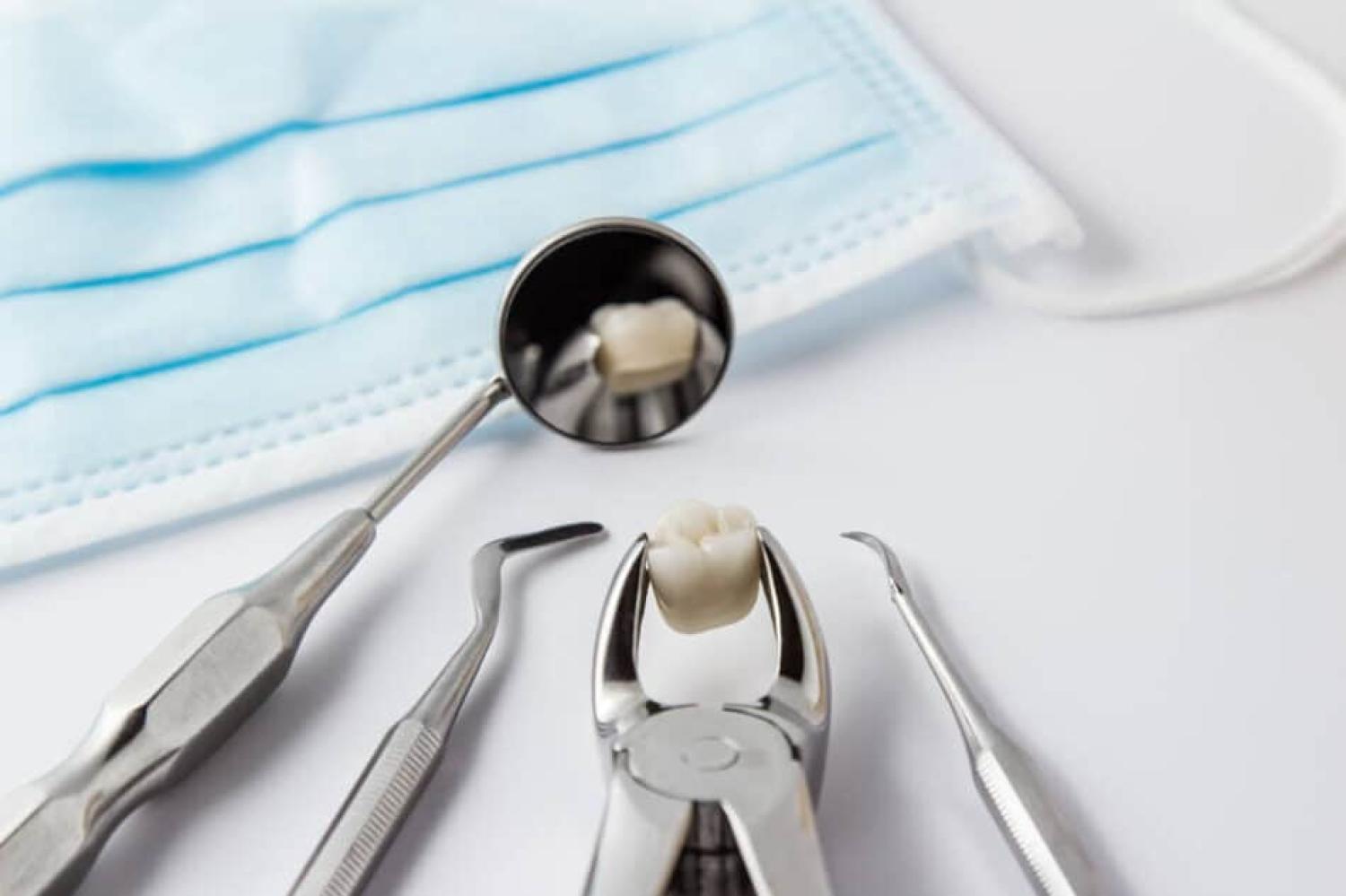
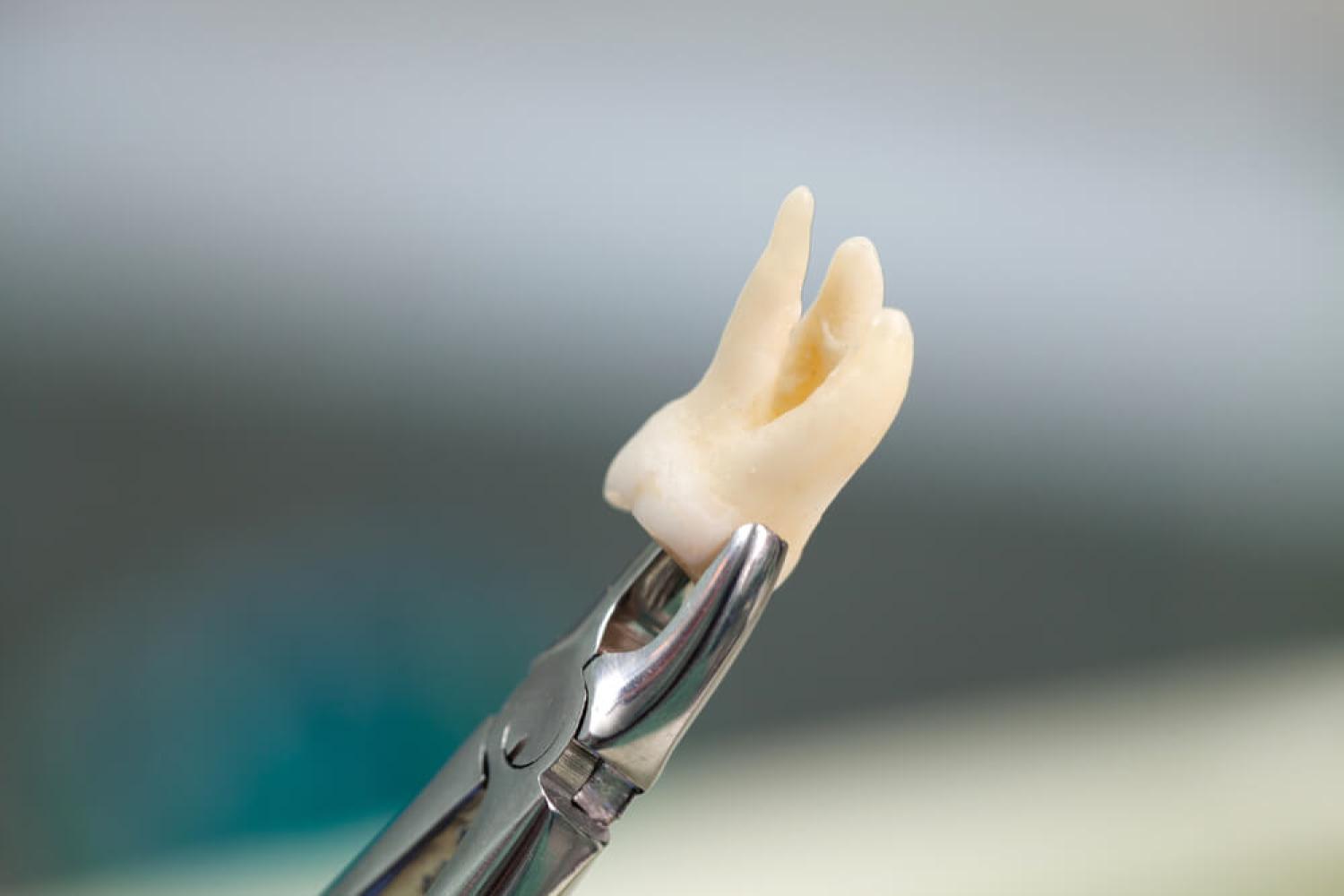
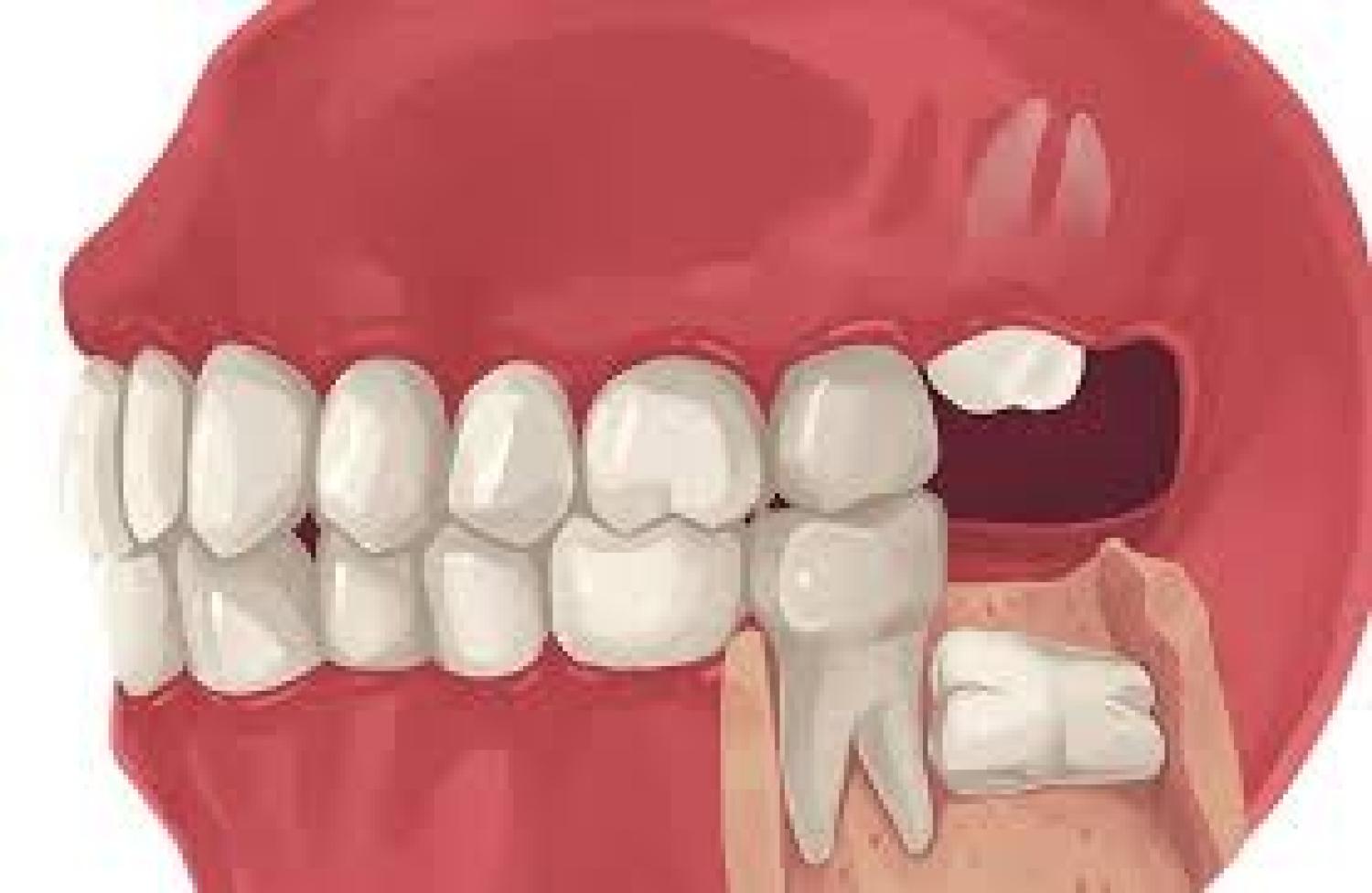
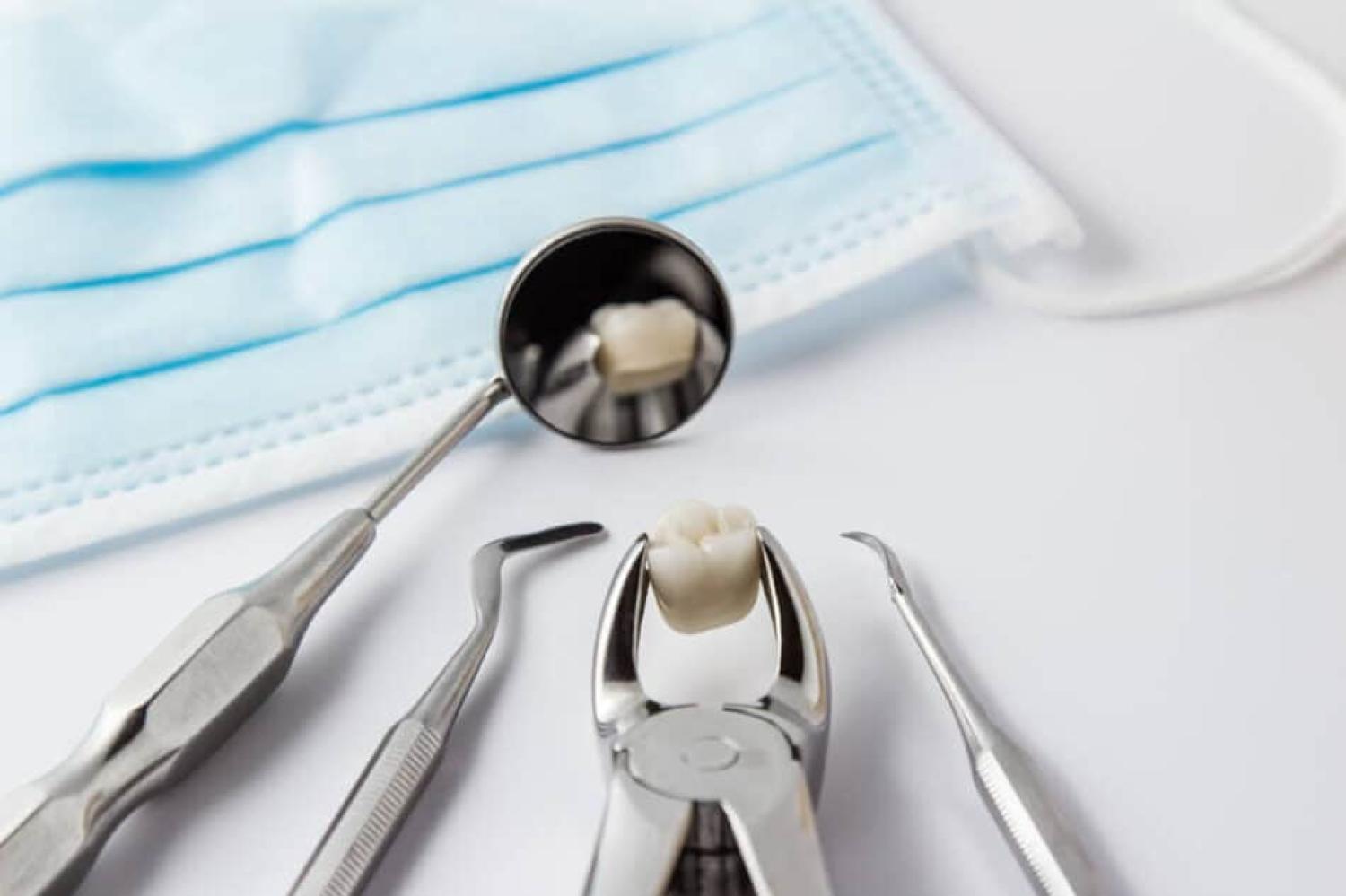

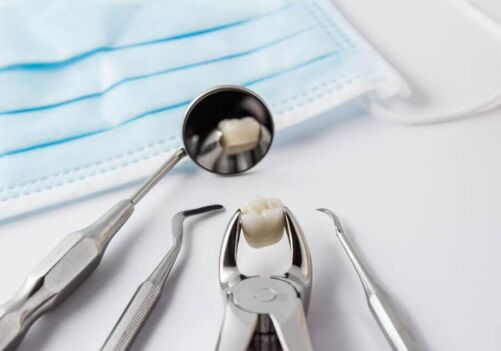

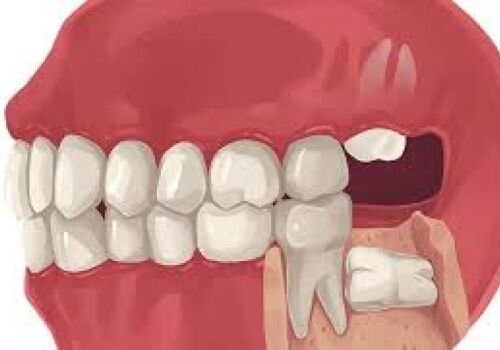


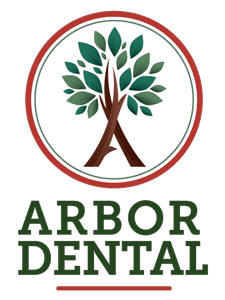


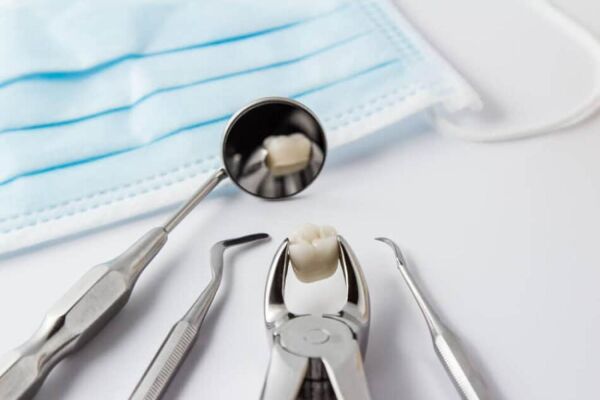
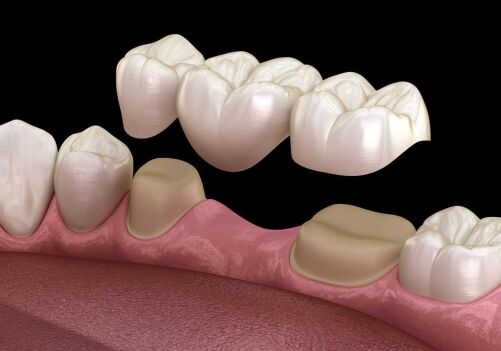
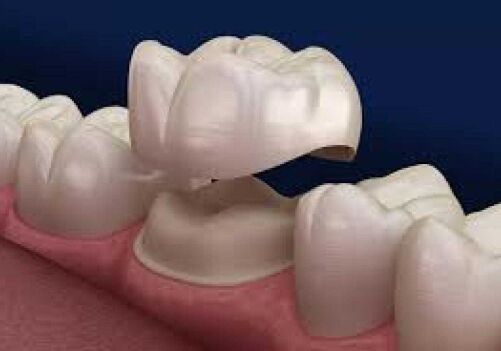

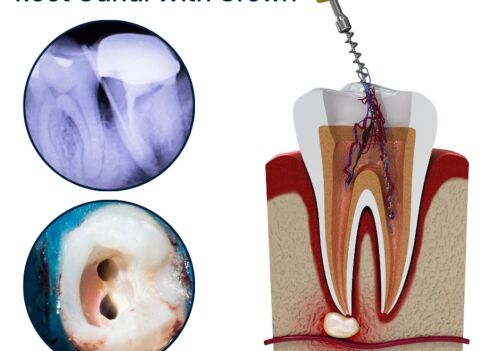
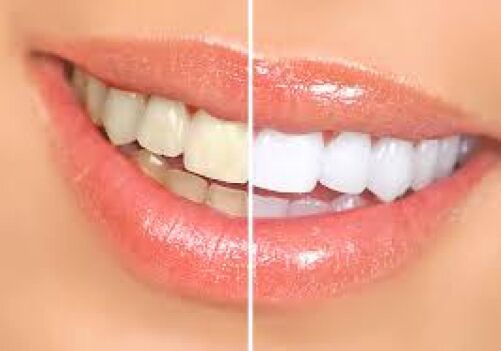
Comments: